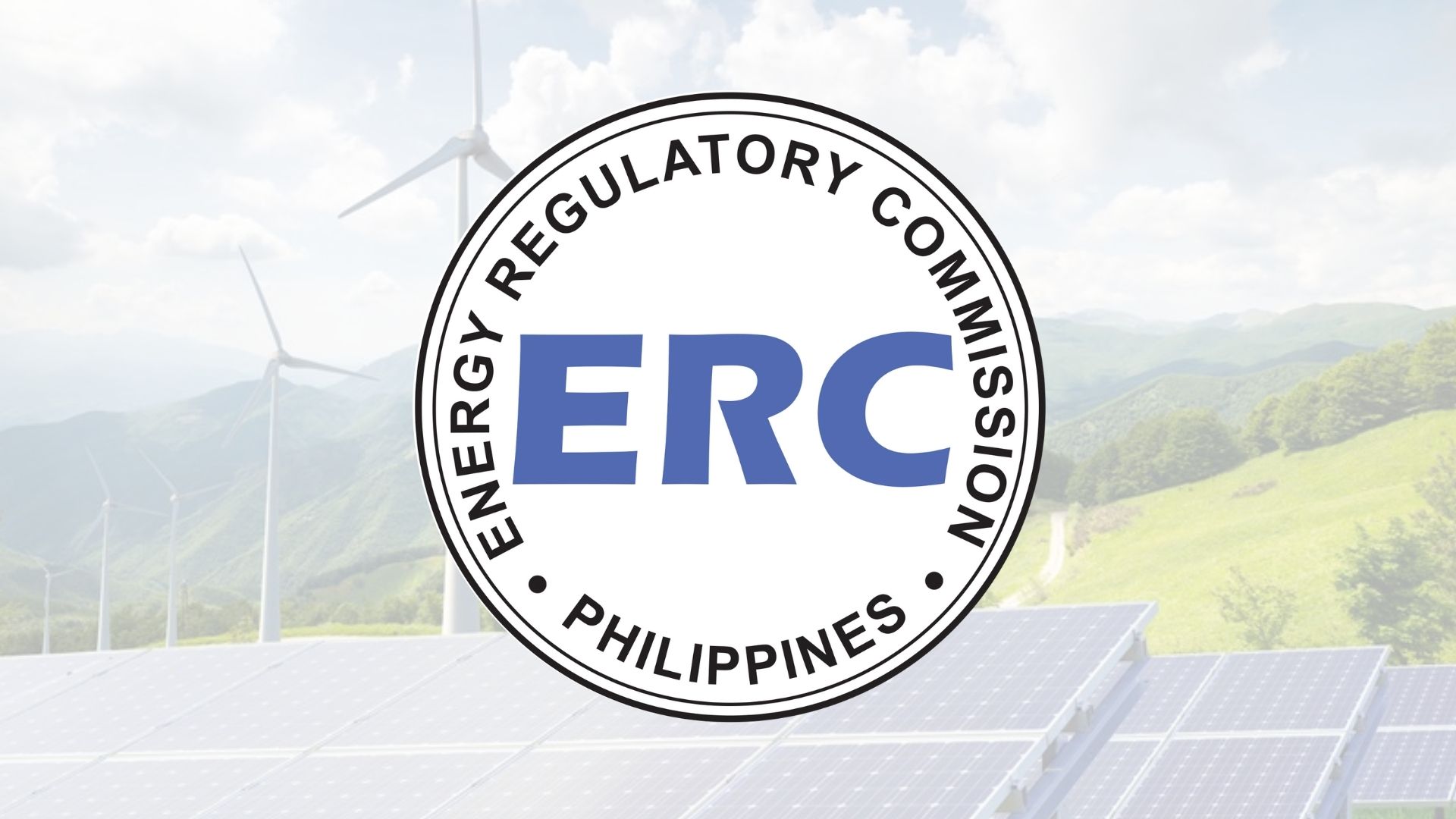FIT Allowance for RE developers to last until year-end
- October 19, 2023
- 0

The Energy Regulatory Commission (ERC) has reassured that the feed-in-tariff allowance (FIT-All) fund is well-supported to compensate renewable energy technology developers nationwide until the year’s end despite the suspension of funds.
In a report by Inquirer, Dimalanta stated that simulations, based on specific spot market price assumptions, indicate the fund’s capability, emphasizing the ongoing monitoring of spot market prices to determine its impact on fund expenses.
The FIT-All, which charges Php 0.0364 per kilowatt-hour (kWh) on all energy consumers’ electricity bills, functions as an incentive for renewable energy developers.
This aims to bolster the private sector’s contribution to increase the share of renewables in the Philippine energy mix from the present 22% to 35% by 2030 and 50% by 2040. It is among the financial incentives established by the Renewable Energy Act of 2008 to promote emerging clean energy sources, including wind, solar, run-of-river hydro, and biomass energy.
In September, the ERC prolonged the suspension of FIT-All collection until otherwise lifted, which ensured continued reductions in power rates for consumers due to rising electricity prices.
During this suspension period, developers would continue to receive payments from the existing FIT-All Fund, with the amount contingent on existing Wholesale Electricity Spot Market (WESM) prices.
However, Dimalanta cautioned that the FIT-All Fund could face depletion if WESM prices remained low.
She pointed out that the suspension of FIT-All collection might need to be lifted to replenish the fund, ensuring payments to renewable energy developers participating in the FIT program.
As for when the suspension might be lifted, Dimalanta clarified that the ERC would assess spot market price movements on a month-to-month basis. She noted that ERC cannot definitively say that the suspension “won’t be lifted.”
The ERC initially suspended FIT-All collections in November 2022 for three months, with subsequent extensions due to factors such as inflation, as indicated by the commission.